Golden beaches, tropical breezes, toned bodies, and hypnotic Latin rhythms. A playground for the rich, the famous, and the aspiring. Those are the things many people think of when they envision Miami, Florida. Will Smith even performed a song about it. Located on the southeastern coast of Florida, Miami is arguably one of the most popular travel destinations in the world. It’s often described as the unofficial capital of Latin America and the Caribbean. It’s become synonymous with exorbitant wealth, stunning beauty, and debaucherous nightlife. And Miami also happens to be my hometown.
I’ve lived in Miami my entire life. So, while my hometown is all those things and more, I rarely think about it that way. I know its neighborhoods, tourist traps, and hidden gems, from the craft breweries of Wynwood to the best food in Brickell. I’ve seen the city grow leaps and bounds and become the tropical haven it is today. I’ve watched as generations of people from across Latin America brought their culture to Miami, contributing to the city’s unique melting pot.
And it’s the city where I’ve raised my kids. Miami, Florida has shaped every fiber of my being. I grew up speaking Spanish with my parents, European expats from Venezuela. I have a distinct Latin-ish accent. And I grew up eating empanadas and tequeños, grabbing cafecitos from la ventanita (the little window), and seeing the world’s biggest stars party just blocks from my home.
In this guide, I want to provide an authentic look at Miami from an insider’s perspective—one that doesn’t gloss over what the city is and instead gives visitors a peek at the real city behind the glitzy exterior. Come with me as we explore my beautiful city. Welcome to Miami—¡Bienvenidos a Miami!
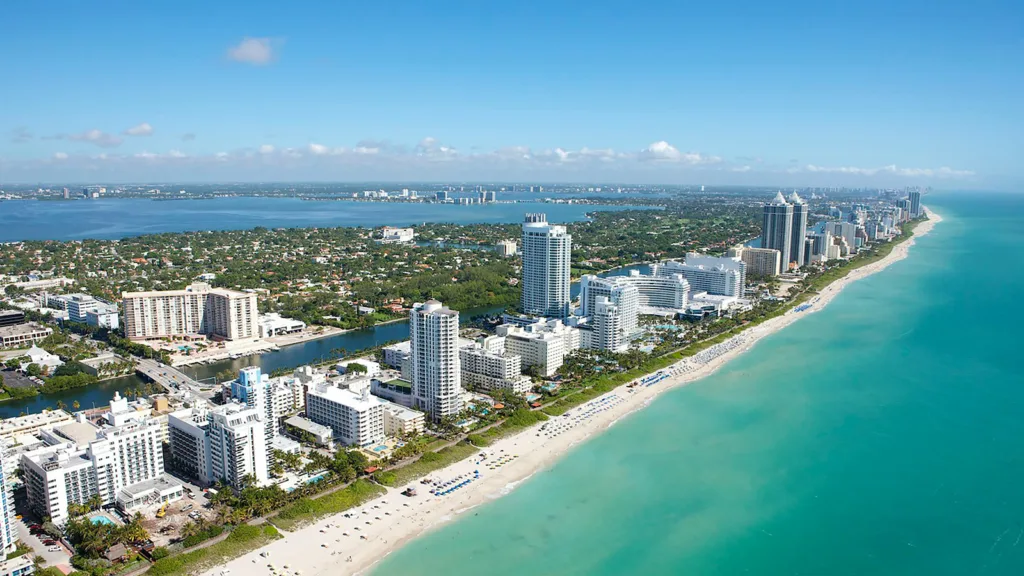
The area that is now Miami has been inhabited for thousands of years, originally by the Tequesta tribe and later by the Seminole tribe. In the late 19th century, Miami experienced a population boom when the Florida East Coast Railway extended its tracks to the area, making it more accessible to settlers and tourists. The city was officially incorporated in 1896, and its strategic location and favorable climate made it a popular destination for tourists, especially during the winter months.
In the early 20th century, Miami experienced rapid growth and development, fueled in part by the Florida land boom of the 1920s. However, the Great Depression and a devastating hurricane in 1926 led to a decline in the city’s fortunes. Miami bounced back in the post-World War II era, and the construction of the Port of Miami and the opening of the University of Miami further solidified its status as an important urban center.
More recently, Miami became known for its thriving arts and culture scene, its diverse population, and its status as a hub for finance, commerce, and international trade. In recent years, the city has seen an increase in the number of people relocating there from cities in colder climates, especially New York City.
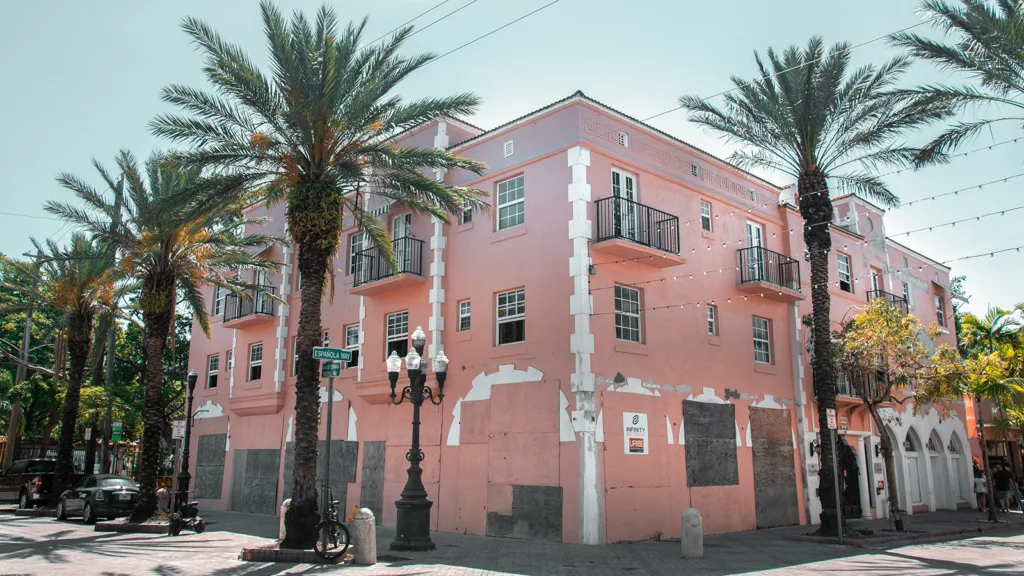
As a local, there’s no doubt about it—Miami’s biggest draw is its climate. The city is comfortable-to-warm all year round. Even when northern cities are shivering under several feet of snow and ice in the dead of winter, Miami is still warm and balmy. But more than that, Miami is a unique mix of European, Latin, and Caribbean.
Every country and territory in Latin America—from the Dominican Republic to Argentina to Puerto Rico—is represented in Miami. Most famously, Miami, Florida has the largest Cuban population outside of Cuba, as well as the world’s second-largest Haitian population. Because of its diverse cultural scene, Miami is one of the best places in the world to explore Latin-American cultures and cuisines.
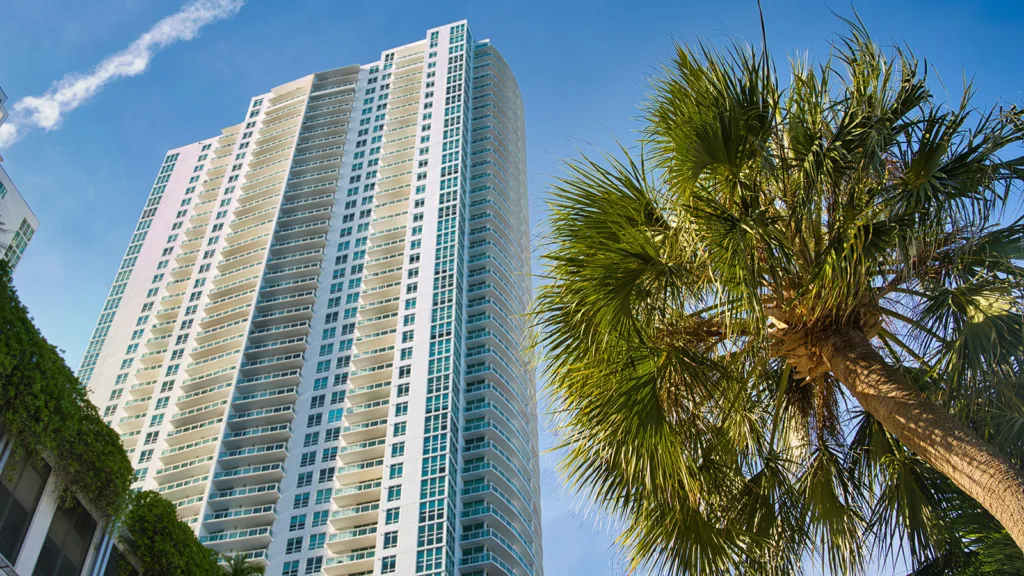
While Miami has a reputation of being a party city for the rich and famous, it’s much more than that. Cultures and heritages are shaped here, and over the decades, millions of immigrants have molded the city into one unlike any other in North America.
Because of its massive Latin-American population, I highly recommend learning some basic Spanish before visiting. While most people in town speak English, Spanish (and an informal blend of the two called Spanglish) is preferred among many locals. You’ll hear it everywhere, so if you want to be in the know, brush up on your Rosetta Stone or Duolingo beforehand!
As I mentioned earlier, Miami has a warm, sub-tropical climate. So, no matter when you visit, you can rock T-shirts, shorts, and flip-flops comfortably. The city is hotter and more humid during the summer, so neck fans or other portable fans are a must. The hottest months of the year also coincide with the rainy season, so pack some closed shoes, a raincoat, and a light jacket as well.
Last but not least, Miami, Florida is extremely vulnerable to landfalling hurricanes. The city and surrounding area were infamously devastated by Hurricane Andrew in 1992, and Irma in 2017 was a close call for many as well. If you’re visiting during the summer, pay close attention to weather reports. And if you find yourself in town during a landfalling tropical system, seek higher ground and listen to any and all evacuation orders!
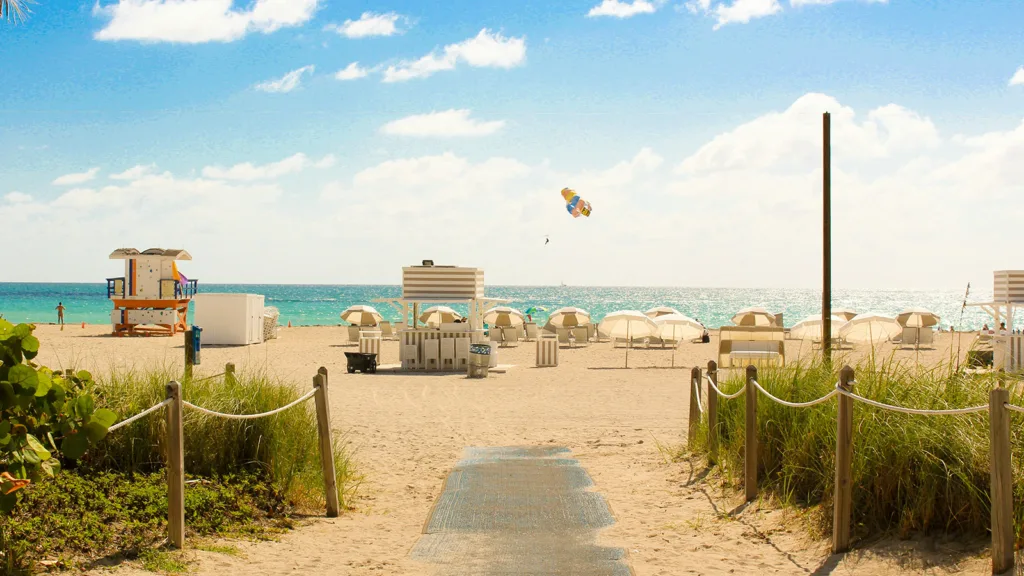
Believe it or not, the world-famous Miami Beach is not located on the mainland! The city of Miami Beach encompasses a barrier island offshore, which connects to the mainland via bridges. While trendy and iconic, the entire island, especially South Beach on its southern end, is extremely touristy. I still recommend both just for the experience, but there are better beaches if you’re looking for a more lowkey affair.
My personal pick in Miami, Florida is Key Biscayne Beach. The white, sandy beaches there are beautiful and are typically less crowded than South Beach and Miami Beach. Visitors can enjoy several activities, including windsurfing, sailing/boating, and kiteboarding in the water, and golf, tennis, and bicycling onshore. Nearby are Crandon Park and Bill Baggs Cape Florida State Park, two spots mostly frequented by locals.
Note that visitors arriving by car will pay upwards of $8 per vehicle to enter Key Biscayne. It’s worth it, though, as the beaches are only part of the area’s appeal. You’ll also find the Bill Baggs State Recreation area nearby, which boasts boardwalks, covered pavilions, nature trails, and kayak rentals.
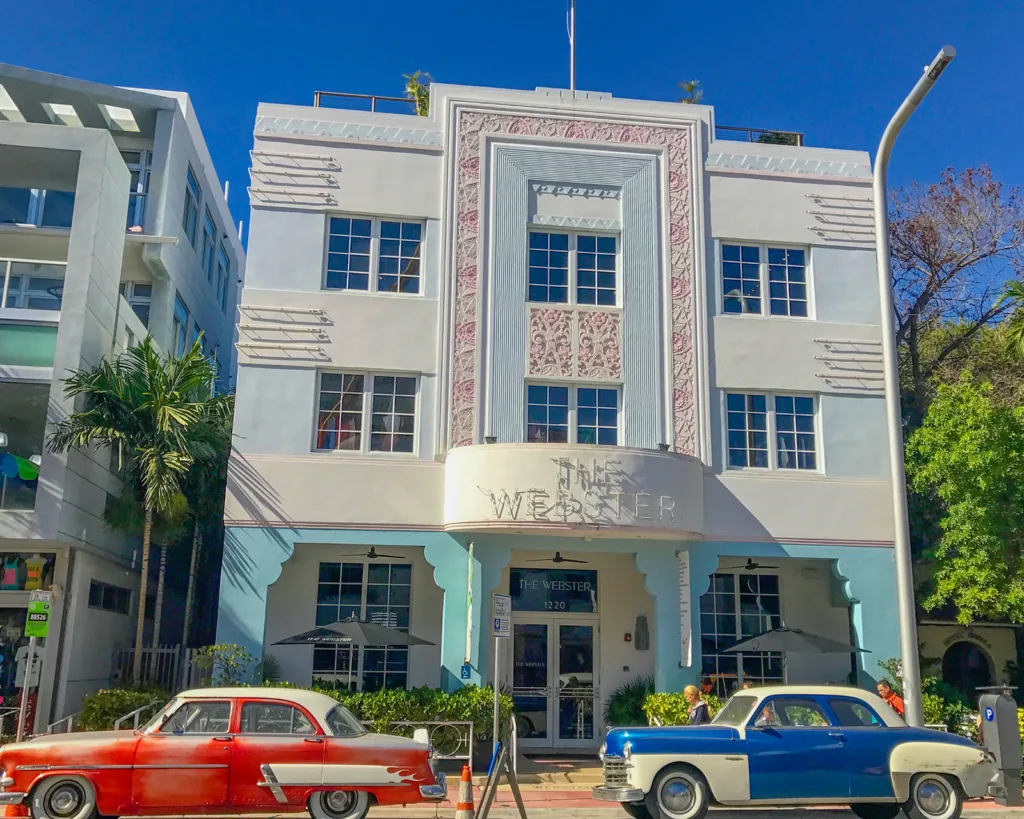
I’m an architecture buff, so any time I pass by any of my city’s beautiful Art Deco buildings, I’m a happy guy. Art Deco architecture emerged in the 1920s and 1930s, and Miami’s South Beach is particularly famous for its preservation of this iconic style. The buildings boast sleek lines, symmetry, and bold pastel colors, all of which are signatures of Miami, Florida.
One of my favorite places to admire this amazing architectural style is along Ocean Drive in the Art Deco Historic District in Miami Beach. There, you’ll find the Art Deco Museum. Inside, you can learn about the history of Art Deco, as well as the Mediterranean Revival and Miami Modern architectural styles. The museum features rotating exhibits, a children’s area, and a resource center.
Other fantastic examples of Art Deco in Miami Beach include the iconic Breakwater Hotel, the Miami Beach U.S. Post Office, the Marlin Hotel, Lummus Park, and the Cardozo Hotel, owned by musicians Gloria and Emilio Estefan.
While it may be tempting to grab a bite in one of the many restaurants in the Art Deco Historic District, I don’t recommend it. Most of them are overrated and overpriced tourist traps. Instead, I suggest ditching the tourist hotspots—most of them, anyway—and venturing into the local neighborhoods for a real taste of Miami.
No trip to Miami is complete without a trip to Versailles, a Cuban cuisine staple in Miami, Florida. Dubbed “the world’s most famous Cuban restaurant,” Versailles is a Miami institution that dates back to 1971. When you taste their famous Cuban sandwich or their crispy croquettes, you’ll see why! Below are some of my other favorite spots in town!
Doggi’s Arepa Bar – Venezuelan; their arepas and cachapas are out of this world!
Ceviche 105 – Peruvian
Casa Tuba – Italian
Titanic Brewery – English; the fish and chips are some of the best I’ve had outside the UK)
Miami’s Best Pizza – Pizza
Jamaican Kitchen – Jamaican; get their patties and their jerk chicken/pork!
Amsterdam Falafel – Best falafel in Miami!
Apocalypse – The best barbecue spot in Miami
Whip and Dip – Ice Cream
Joe’s Stone Crab – Seafood (visit between October 15 and May 1 for the stone crabs)
Matsuri – Japanese (their sushi is pricey, but it’s fresh and extremely tasty)
Each of these restaurants was either founded by or is currently run by people from the country they represent. That brings a level of authenticity to the menu, which is what I look for not only at home but also in my travels. I highly recommend them all to any food lover visiting South Florida!
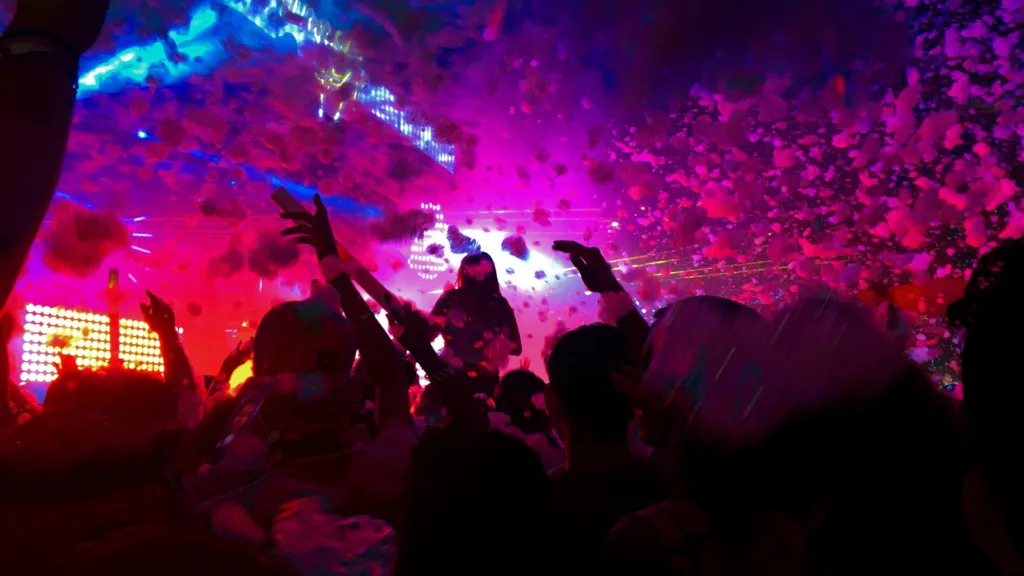
It’s no secret that Miami, Florida is the unofficial party capital of the United States. Our club scene is legendary and regularly attracts the biggest names in entertainment. As a nearly 40-year-old father of two, my nightclub days are far in my past at this point, but there are a few spots I’m familiar with that younger visitors should enjoy.
If you’re in the downtown area, E11EVEN Miami is your spot. This wild and unpredictable mega-club is a Miami institution. It was a favorite of mine when I was younger and features DJs, dancers, and lots of other entertainers. Part nightclub, part cabaret, hip-hop superstars like Cardi B, Snoop Dogg, and Drake have all hosted parties there.
On South Beach, Mr. Jones is probably the most well-known mega-club. Mr. Jones is known for popping bottles, CO2 cannons, and mod chandeliers, which have attracted the likes of rap icons 50 Cent and Rick Ross.
If a Latin club is more your style, I recommend Mango’s Tropical Café in South Beach for some tango and flamenco action. The Fontainebleau Miami Beach is a classic hotel bar, while Ball & Chain in Little Havana is a great, laid-back lounge for a more sophisticated experience.
When it comes to leaving touristy areas behind and venturing into Miami’s neighborhoods, Little Havana is a must. This world-famous neighborhood is the center of Miami’s Cuban community and is a great place to soak up Cuban-American culture and cuisine.
Even the touristy South Beach and Miami Beach offer lots of activities, from sightseeing to water activities. Downtown is beautiful and safe, and The Miami Design District is a posh, exclusive area with high-end fashion retailers like Gucci, Versace, and Tom Ford. I also suggest Brickell, the local financial district, which played an interesting role in the city’s history with the so-called Cocaine Cowboys.
The vibrant and colorful Wynwood is our local art district, and Coral Gables is another historical area I highly recommend. The city continues to transform leaps and bounds, so I recommend coming back in a few years and seeing how the city has changed during that time!
Many of these areas are easily accessed via the Metro Rail, which I’ll get into a bit later!
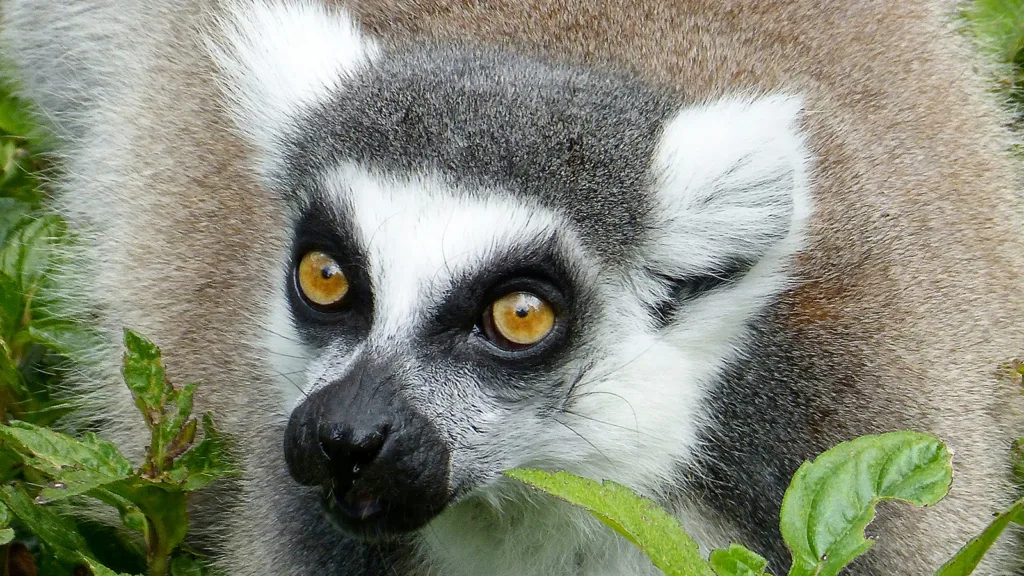
With its extravagant and often party-centric reputation, you might not think Miami is a good city for kids. But you’d be wrong. Miami is not only a great city for families with children, but it’s also a great city to raise children as well.
I love sharing my passion for learning about the world with my kids, so I often take my kids to our local museums. The Phillip & Patricia Frost Museum of Science is a favorite of ours, especially their planetarium. It boasts a 250-seat theater and a massive 8K dome screen that transports visitors to other planets and galaxies. Miami Children’s Museum is another great option, especially for younger kids.
If your kid is into animals, Zoo Miami is a must. The 750-acre zoological park is home to roughly 2,500 animals, including elephants, lions, crocodiles, flamingos, tortoises, gorillas, eagles, panthers, frogs, anaconda, and more. It also boasts botanical gardens and interactive exhibits!
Most people focus so much on Miami’s beaches that they don’t realize that Miami is a very green city. There are dozens of parks throughout the city that are great for entertaining your little ones. In some parts of the city, there’s a park every few blocks! The Venetian Pool, a massive, historic, 820,000-gallon outdoor pool that features waterfalls and grottos, is another great spot to take your children on a hot day.
And for a sweet excursion, I recommend taking your kids to a local chocolatier. Two of my favorites are Ben B Coco in Wynwood and Garcia Nevette Chocolatier de Miami in South Miami. Either one is a must for any chocolate lover!
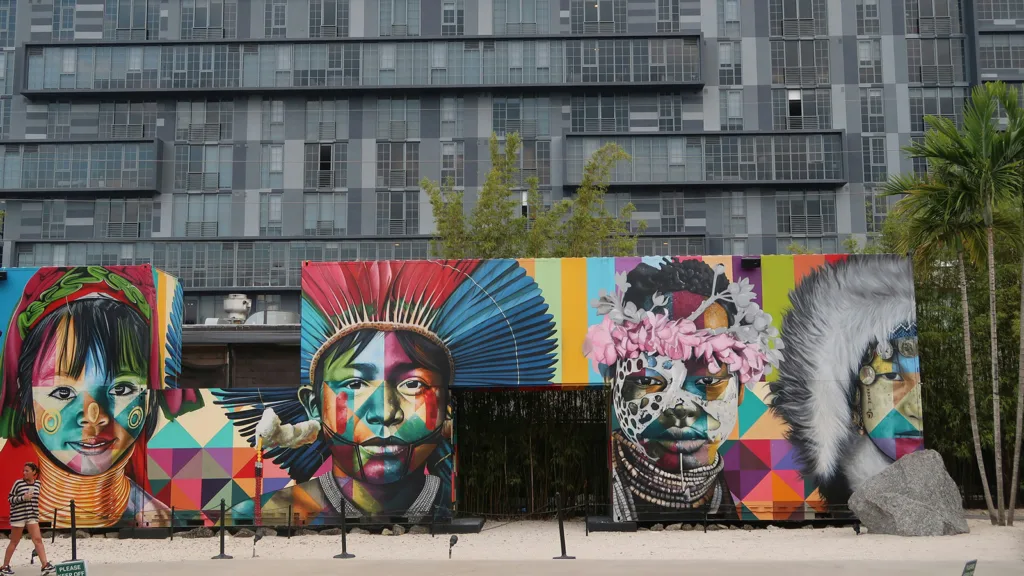
As I mentioned earlier, Miami, Florida is much more than its beaches and food. If you’re interested in visiting local attractions, I recommend starting at Vizcaya Museum & Gardens. This sprawling waterfront estate from 1916 is a historic landmark in the Coconut Grove neighborhood. It has a whopping 32 rooms and ten acres of gardens!
Matheson Hammock Park is one of Miami’s many parks. It encompasses 630 acres and boasts nature trails and a man-made atoll pool. It also provides access to a restaurant, picnic pavilions, and a full-service marina. Peacock Park is a smaller park that includes soccer fields, a basketball court, a softball diamond, and more. Its rec center offers foosball, ping-pong, and computer workstations with free WiFi!
Miami’s oldest structure is the Cape Florida Lighthouse. It dates back to 1825 and offers stunning views of Key Biscayne, Miami Beach, and the floating homes of Stiltsville. Another attraction that offers unparalleled views of the city is the Skyviews Miami Observation Wheel, an enormous Ferris wheel with 42 enclosed gondolas. It provides views of Bayfront Park, Biscayne Ba,y and the downtown Miami skyline!
I also suggest The Wynwood Walls, a colorful outdoor street art museum consisting of stunning murals and vibrant works of art. And if you’re interested in exploring a grisly part of Miami’s recent past, the former Versace Mansion has been converted into a hotel called The Villa Casa Casuarina. Its lavish suites and Thousand Mosaic pool are sights to behold, and its onsite eatery, Gianni’s Restaurant, bears the name of its most famous former resident.
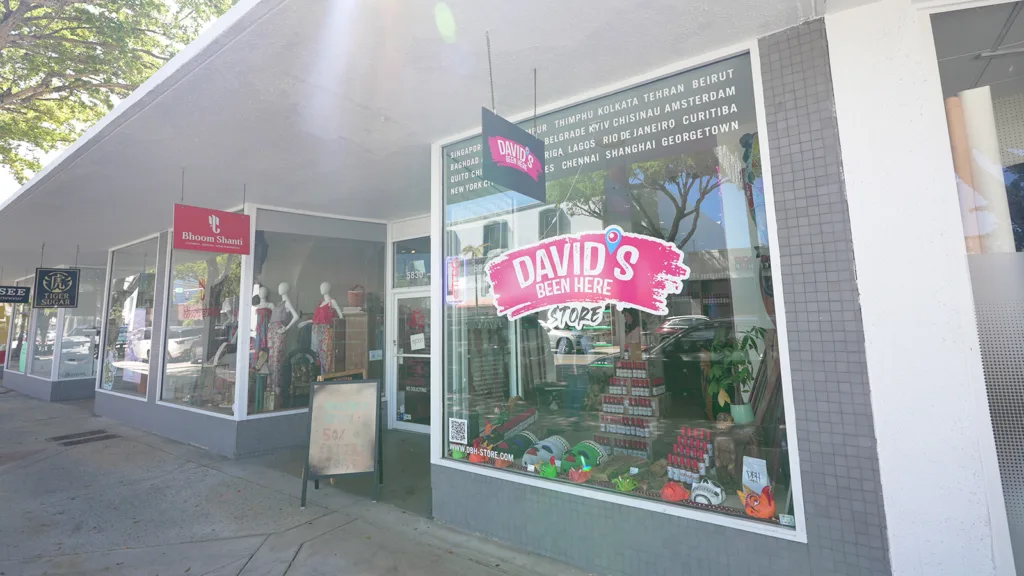
If you’ve followed me for a while, you may know that I opened the DavidsBeenHere Store in January of 2024. In the store, located at 5832 Sunset Drive in South Miami, I sell authentic, handmade crafts from many of the countries I’ve visited, including Albania, Indonesia, Ghana, Jamaica, Armenia, Kenya, Belize, Guyana, and Nicaragua. The crafts include masks, woodwork, stone carvings, and wall hangings, all lovingly crafted by artisans in their home countries.
Our stock also includes my DavidsBeenHere Hot Sauce, a sweet and spicy blend of pineapple, guava, and Kashmiri chilies. It’s inspired by my travels around the world and goes with everything from seafood to sandwiches to barbecue! I also stock other hot sauces around the world, including several from my partners at Su Yum Foods, a Surinamese company based out of Tampa.
We also sell travel goods, including duffel bags, water bottles, and journals, as well as my exclusive DavidsBeenHere Coffee blend. Creating this store has been a labor of love and we’re thrilled that we’re the only store of its kind in Miami. If you want to check us out while you’re in town, please stop by any time!
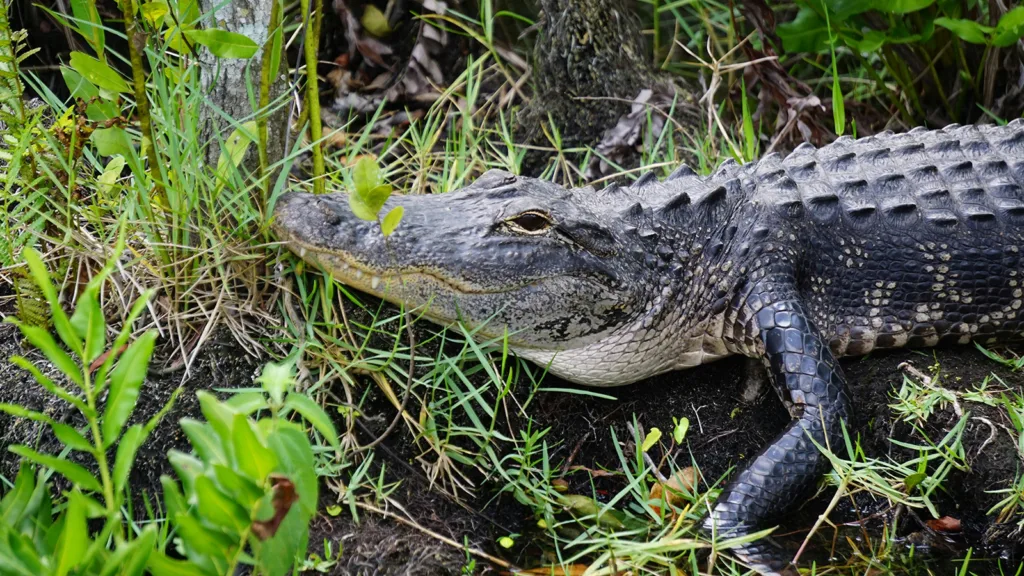
Of course, Miami, Florida offers more than enough activities and attractions to keep most visitors occupied during their stay. But just in case you want to take some adventures outside the city, there are several places that are well worth your time.
Miami is a hop, skip, and a jump away from the Everglades, a massive wetland that covers most of Florida’s southern tip. At the Gator Park, visitors can experience an airboat tour of the Everglades and wildlife shows while learning about alligators and other wildlife in the area.
Have lunch at the nearby Everglades Gator Grill in Homestead, where you can try alligator meat if you’re brave enough! If that’s too intense for you, stop by Robert Is Here, a famous fruit stand where you can enjoy fresh juices and smoothies.
The Florida Keys, including Key West, are also nearby if you’re up for driving a few hours. The Keys are one of the most beautiful locations in the U.S. and well worth your time. Another favorite of mine is the Bahamas, which I frequented a lot as a teenager. Nassau, Bimini, and Freeport are all less than an hour away by plane and are a perfect spot to sunbathe, swim, go spearfishing, or just relax on a yacht.
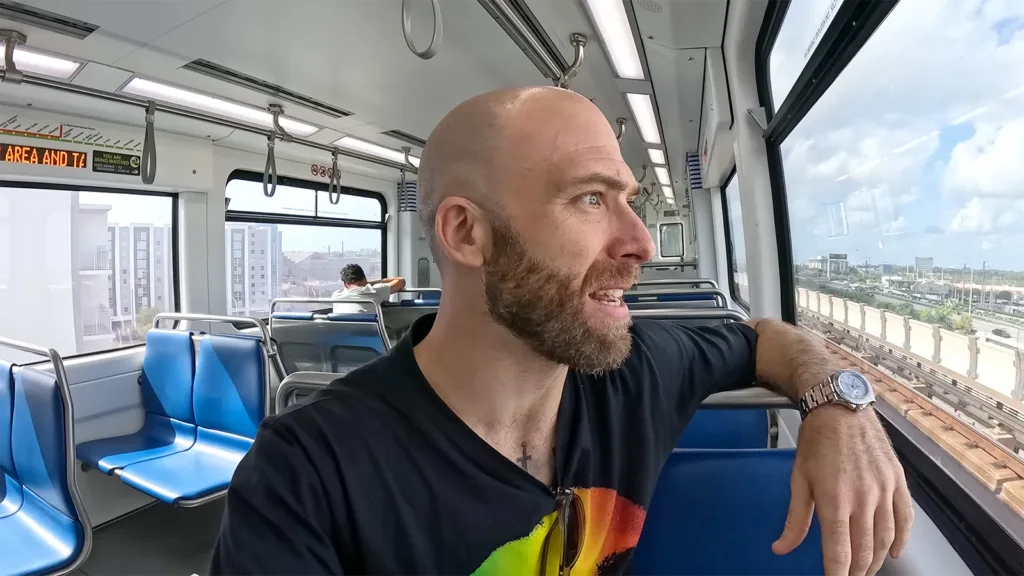
Miami is a large, sprawling city, so getting around can be tough, even for locals like myself. There are many ways to get around Miami, including a subpar bus system. But my personal recommendations are to use a ride-share service like Uber or Lyft or use the Metrorail.
The Metrorail is a train system that connects most of the areas I’ve recommended in this guide. It services Miami International Airport, as well as Kendall, South Miami, Coral Gables, Brickell, and downtown Miami. It’s easy and much more affordable than Uber or renting a car. I even use it myself from time to time!
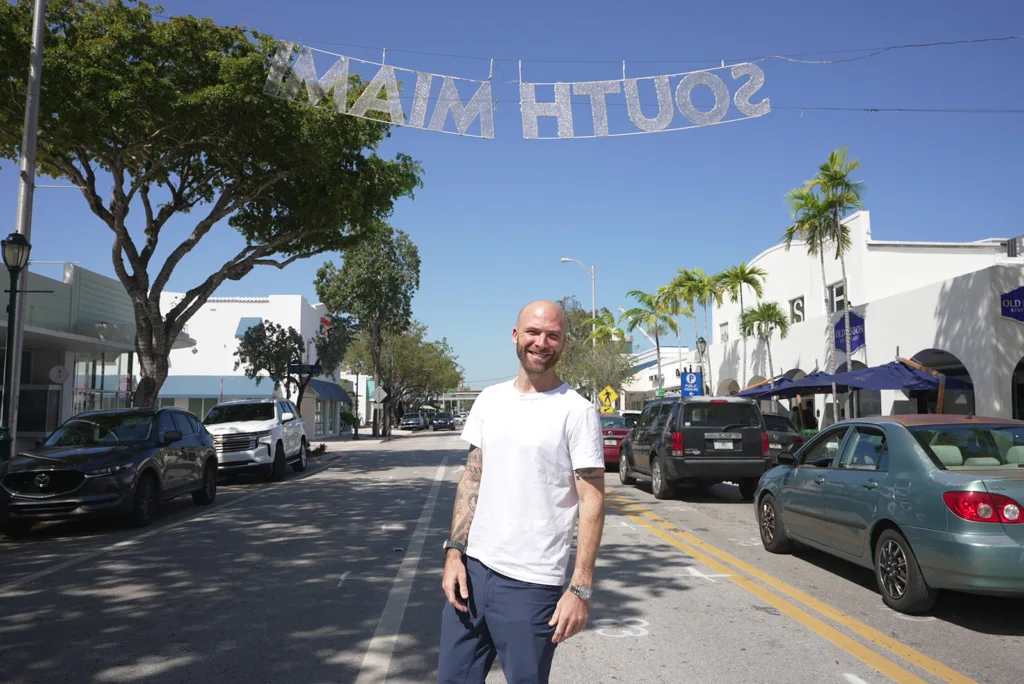
Miami is the ultimate travel getaway. Whether you’re in the mood for beautiful beaches, Latin food and culture, urban adventures, or swampy exploration, it’s all at your fingertips. Add to that its proximity to the Florida Keys and the Bahamas and you have one of the most unique and diverse cities in the United States. It’s a beautiful city, one that I’m proud to be from. I guarantee it’s everything you want it to be and so much more. Book a trip to my hometown of Miami, Florida to see why it’s so special. I hope to see you here soon!
Counter
101 Countries • 1432 Cities